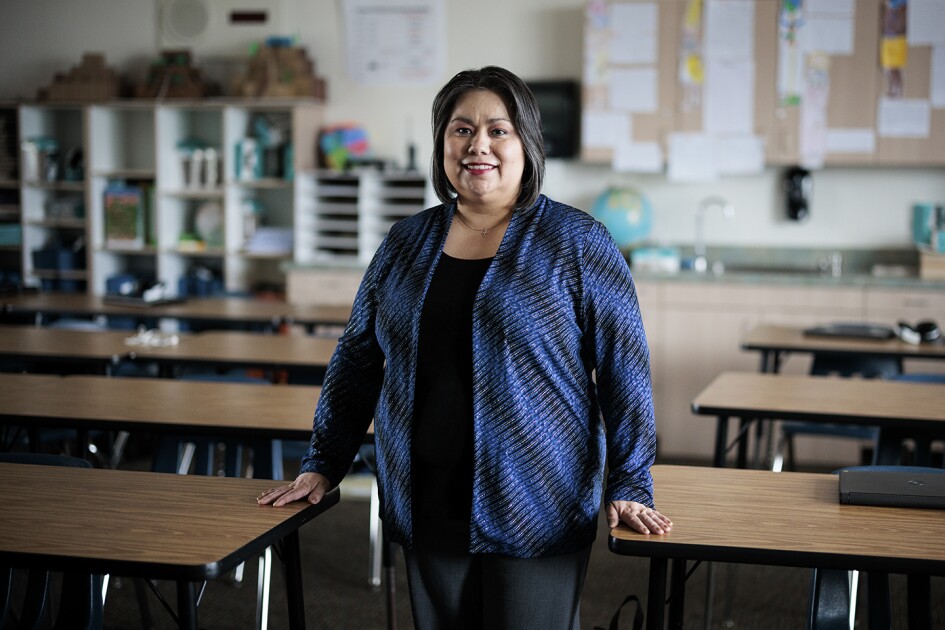Briggs v. Elliott, the lawsuit filed in Clarendon County, S.C., was one of four cases that became known collectively as Brown v. Board of Education of Topeka.
The U.S. Supreme Court consolidated the cases in 1952, when it agreed to hear appeals in each of them and in a fifth case against segregation in the District of Columbia schools. Lawyers for the National Association for the Advancement of Colored People, under future Supreme Court Justice Thurgood Marshall, led the legal fight.
The Brown lawsuit challenged the Topeka, Kan., board of education’s decision to establish segregated elementary schools under a state law that permitted, but did not require, cities of 15,000 residents or more to maintain separate school facilities for black and white children. The other public schools in the community weren’t segregated, notes the author Richard Kluger in the 1977 book Simple Justice, a definitive account of the case.
A three-judge federal panel in the Kansas case found that segregation had a detrimental affect on black children. But it denied relief to the plaintiffs—including Oliver Brown, suing on behalf of his daughter Linda—because it found that schools for blacks and whites were substantially equal in their buildings, transportation, curricula, and teachers’ educational levels. The ruling was then appealed to the Supreme Court.
The Virginia case, Davis v. County School Board of Prince Edward County, involved a challenge by black high school students to the state’s required segregation in public schools.
As was true in the South Carolina case, a federal court found that the physical facilities for black students were inferior and ordered them to be made equal to those for white children. But the court denied black students access to whites-only schools while the problems were addressed. Both courts also turned back the plaintiffs’ challenges to the underlying constitutionality of segregated schools.
The fourth case was Gebhart v. Belton, brought by black children in New Castle County, Del. A state court ordered that black students be admitted to the all-white schools, and the state supreme court affirmed the ruling. State officials appealed to the U.S. Supreme Court.
The District of Columbia case, Bolling v. Sharpe, challenged segregation under the due-process clause of the Fifth Amendment to the U.S. Constitution, rather than under the equal-protection clause of the 14th Amendment as the other cases had done. (That approach stemmed from Washington’s status as a federal city, not a state.)
But as the Supreme Court declared in its unanimous opinion in that fifth case, also handed down on May 17, 1954: “Discrimination may be so unjustifiable as to be violative of due process.”






